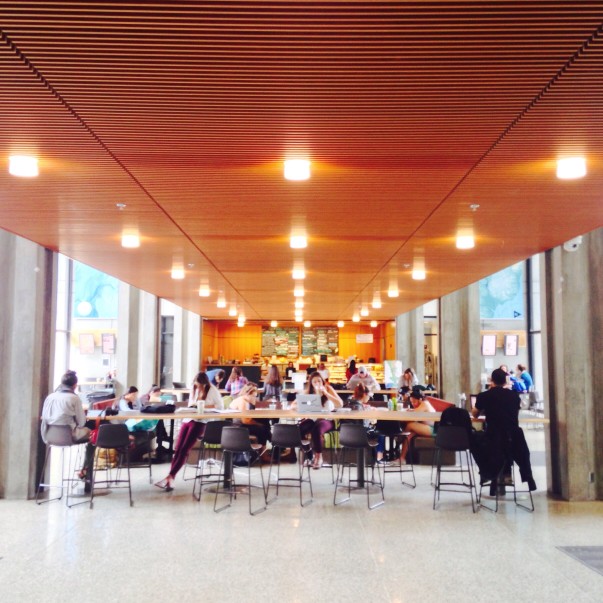The University at a Crossroads: Assessing the Purpose, State, and Future of Higher Education in America
A compilation of essays by Kevin Brown, Stephen Clements, Denise Daniels, Caleb Henry, Peter Meilaender, and Bradley Murg
FOREWORD:
What is the purpose of the university? At the most fundamental level, we might say that the task of the university is the pursuit of truth. As you will read later in this compilation, the pursuit of knowledge and the contemplation of truth and beauty—in its pure, non-instrumentalized form—is itself meaningful and worthwhile and a sufficient reason for these institutions to exist.
However, as John Henry Newman wrote, the purpose of the university also has the practical end of “training good members of society. Its art is the art of social life, and its end is fitness for the world. . . . It is the education which gives a man a clear, conscious view of his own opinions and judgments, a truth in developing them, an eloquence in expressing them, and a force in urging them.” Particularly in a free society governed through a democratic, deliberative process, the university plays a crucial role in preparing citizens for public life.
Of course, the purpose of the modern university has become even more extensive. It exists—perhaps most importantly in the eyes of students and parents today—to prepare young people with the hard skills for a job and future career. It has also become a place where students transition into independent life, experience new things, meet new people, and “discover” themselves.
And what about the distinctive purpose of Christian higher education? Many would say that Christian colleges and universities exist to form the whole person: mind, body, and spirit. They are in the business of forming students into intelligent, faithful followers of Christ, equipped to further His Kingdom through their whole lives and in a variety of vocations.
All this to say, the purpose of the university is wide-ranging and multifaceted, and institutions of higher learning play a critical role in sustaining the health of our society. And yet, in many ways, it appears they are at a crossroads.
The questions before us now are numerous: In actuality, what are the purposes and missions of our universities today? Have secondary purposes been promoted to primary? And when that happens, are the primary purposes crowded out? Do universities remain institutions that are foremost concerned with the pursuit of truth?
These philosophical questions are only the tip of the iceberg. We must also seriously consider how institutions of higher education will remain financially sustainable, how they will keep up with technological progress, and how they will respond to cultural and political turmoil.
This essay compilation, written by members of the Values & Capitalism Academic Network, is hopefully just one of many attempts to assess the purpose, state, and future of institutions of higher education in the United States. Because the authors all teach at private Christian institutions, the essays focus particularly on concerns facing these schools. Still, the themes and lessons that they contain are applicable and instructive even to a more general audience. We hope a deeper conversation on this important topic will begin when these short essays end.



